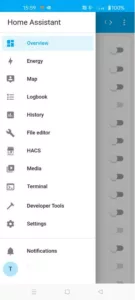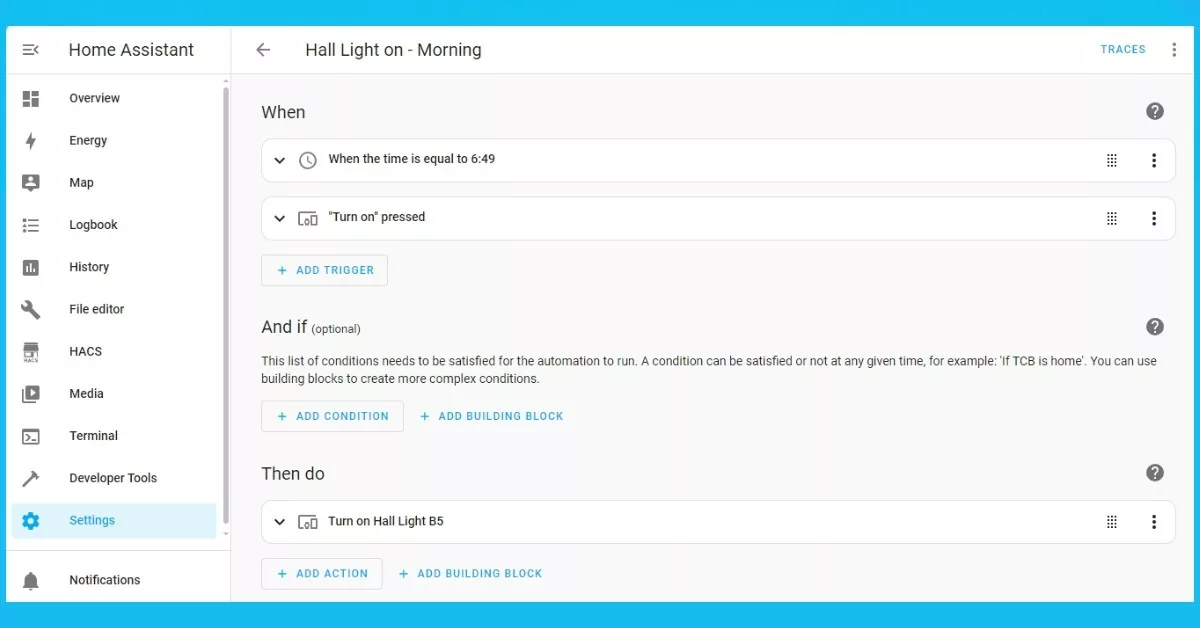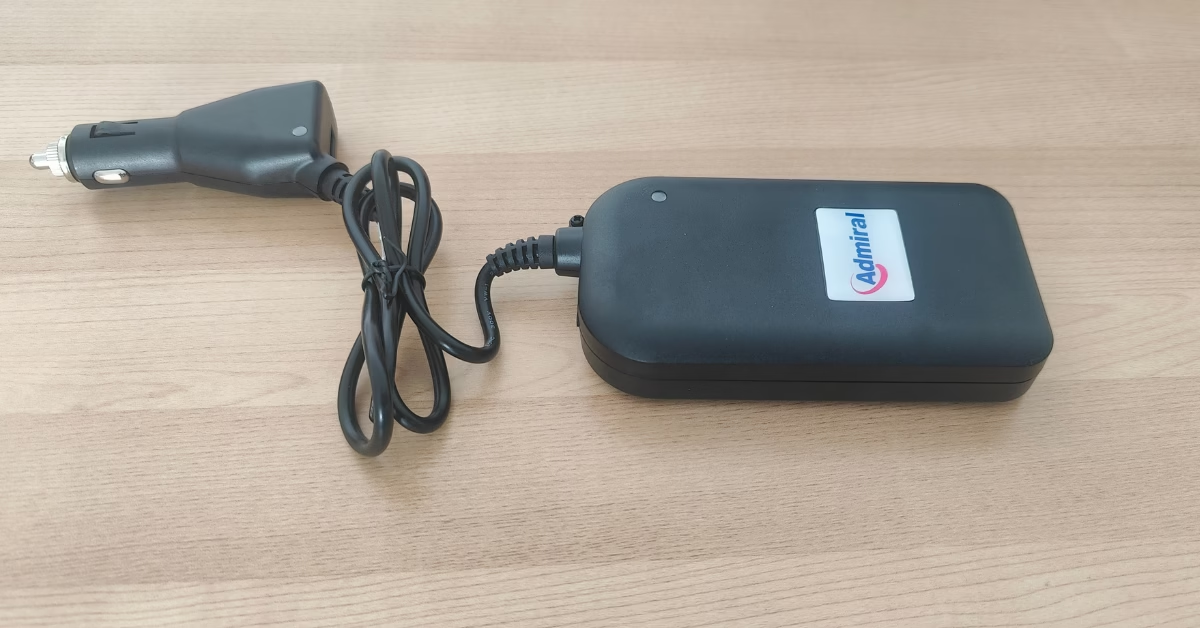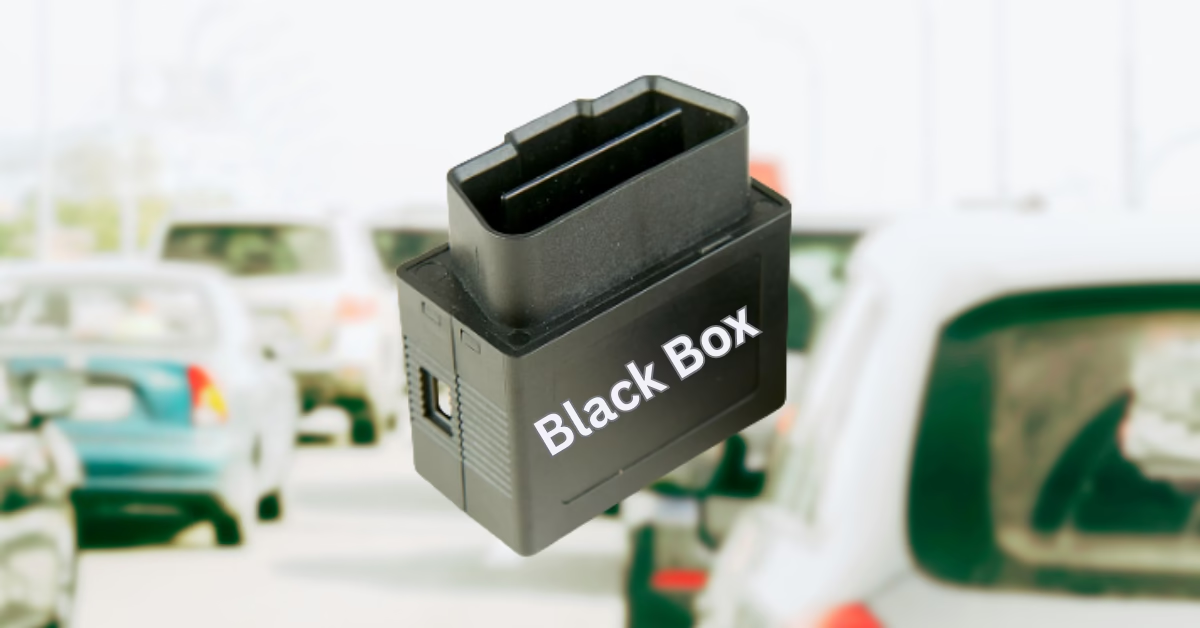Home Assistant is an open-source (free software) home automation platform designed to be the central control system for smart home devices. Unlike proprietary systems that lock you into a specific brand ecosystem, Home Assistant offers flexibility and a wide range of compatibility with devices from various smart home device manufacturers.
Setup and Installation
Home Assistant can be installed on various hardware, from a Raspberry Pi to a dedicated server or a PC. The installation process can be straightforward for users with some technical background, but Home Assistant for beginners might present a steep learning curve.
Home Assistant is often installed on a Raspberry Pi
No products found.
Home Assistant is just software. Hardware that is compatible with the smart home devices will be required to connect it to the smart home devices. For example, a Zigbee adapter is required to connect to Zigbee devices, Bluetooth is required to Bluetooth devices etc.
Zigbee Adapter That Works With Home Assistant
No products found.
Compatibility
One of Home Assistant’s strongest points is its extensive compatibility with thousands of smart home devices, including lights, switches, sensors, and voice assistants. It integrates devices from different manufacturers, allowing them to work together seamlessly. This interoperability is achieved through integrations that are constantly updated and expanded by the Home Assistant community.
User Interface
The Home Assistant default User Interface (UI) is called Lovelace. Lovelace Provides a customisable dashboard for controlling your smart home
Users can create multiple dashboards with different views, widgets, and themes to suit their needs. While powerful, customising the UI requires a bit of a learning curve.
Home Assistant Mobile App
A Home Assistant mobile app is available for Android and Apple IOS devices. The app allows the user to access and manage their Home Assistant installation. The App also provides Home Assistant with data from the mobile phone, such as its location. The mobile phone data can be used to create automatons in Home Assistant.

Home Assistant Community Store
Home Assistant Community Store (HACS) is an extension for Home Assistant that enables users to easily install, and manage custom integrations and plugins.
These include components not officially integrated into Home Assistant, offering a wider range of devices and services, along with custom Lovelace UI cards, themes, and various customisations.
HACS makes it simpler for users to enhance and tailor their Home Assistant setup by providing a user-friendly interface for accessing a vast community-driven repository of additional functionality.
Automation and Scripting
Home Assistant excels in creating complex smart home automations and scripts. Users can define triggers, conditions, and actions using the user interface or YAML configuration files.
This flexibility allows for highly customised automation scenarios, ranging from simple tasks like turning on lights at sunset to complex sequences involving multiple devices and conditions.

Community and Support
The Home Assistant community is a vital resource for users. The forums, Discord channels, and Reddit are active with users willing to help with troubleshooting, share configurations, and offer advice.
The Home Assistant software benefits from frequent updates and contributions from developers worldwide.
Security and Privacy
Privacy and security are central to Home Assistant’s philosophy. The platform runs locally, meaning that, unlike many other smart home solutions, your data doesn’t have to be sent to the cloud.
Users have control over their data and can choose to enable cloud features through Home Assistant Cloud, which is a paid subscription service offering secure remote access and integration with voice assistants.
Challenges
- Learning Curve: Home Assistant’s flexibility and power come with complexity. However, in recent years Home Assistant has become much more user-friendly with an intuitive interface allowing most tasks to be setup and configured without having to use scripts
- Maintenance: Being a rapidly evolving platform, it requires regular updates. Some updates might break existing configurations. With recent advances in Home Assistant, breaking updates are now quite rare.
Conclusion
Home Assistant is a robust and versatile home automation platform that puts privacy and interoperability at the forefront.
It’s ideal for DIY enthusiasts and those who wish to have a unified smart home system without being tied to a single ecosystem.
Home Assistant demands more time investment to set up and maintain compared to other commercial consumer smart home systems.
I use Home Assistant for all my smart home automation; it is brilliant. I highly recommend you give it a try Home Assistant (home-assistant.io)
Smart Home Devices That Work With Home Assistant
No products found.
No products found.
No products found.
Information: At least 50% of this article was created using AI. Find out why







